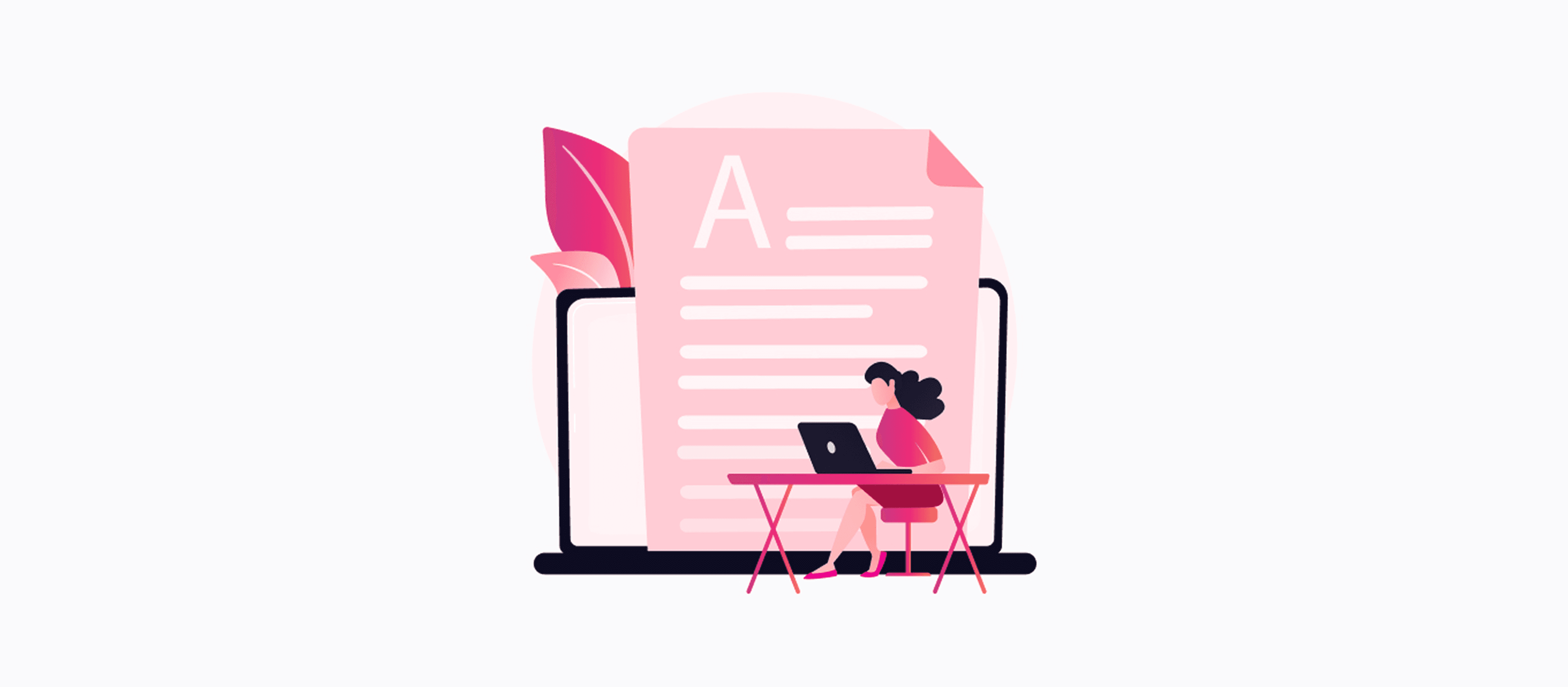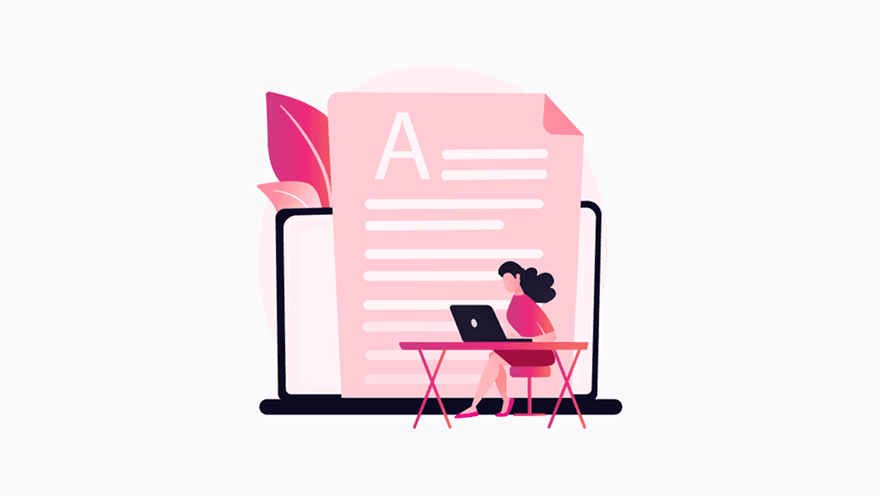Your exams are just around the corner - maybe in another week - and you have not even begun studying! This happens to a lot of students. While we recommend studying for short periods every day, sometimes you are forced to study last minute.
So, we're here to help you learn how you can study vast syllabuses effectively in a short time!
First, please remember that studying continuously for 12 hours a day is not healthy. Focus on 'how much' instead of 'how long' you've studied. So here's what you should do:
- The ideal continuous study period is 2 hours. Break it into 25-minute slots followed by a 5-minute break each for maximum retention and subject coverage. Remember to not think of anything study-related while you are on break.
- Schedule your subjects/topics based on the following categories. Alternate them during long study periods
- Memory-dependant subjects: Biology, History and Geography with a lot of material that needs to be byhearted.
- Problem-solving subjects: Maths and Physics.
- Interpretation-based subjects: English Literature and literature papers from other languages.
- Follow the SQ5R: SQ5R stands for Survey, Questions, Read, Record, Recite, Review and Reflect.
- Survey: Skim through the textbook and mark essential areas. Take no more than 8-10 minutes.
- Question: Jot down possible questions at the side of important portions of the text. This can be done by turning headings or subheadings into questions.
- Read, Record, Recite: Go over the text once more. This time record important points in your own words. Recite the points out loud.
- Review: Try to answer the questions you marked earlier correctly.
- Reflect: Keep repeating the above steps until you are confident about the topic.
-
Surround yourself with important points of information. Use charts - and stick them all around you. Since they will be in your sight all the time, it will help you subconsciously learn them quickly.
-
For tough bits, create flashcards. You can carry them around and go through them anywhere.
-
Remember that everything you learned must be Recapped, Reviewed and Reinforced within 24 hours.
Here's a trick - if you aren't confident about a specific topic, try explaining it to someone else in layman's terms. If you succeed, then congrats, you've mastered the topic!
Remember to catch a full 7-8 hours of sleep. A good sleep ensures that you can retain your short-term memory, which helps you remember what you studied during the exam.
A mock test will also help you determine how much you have retained. Glow & Lovely Careers (formerly known as Fair & Lovely Career Foundation) offers free online mock tests. Check them out here. All the best!

